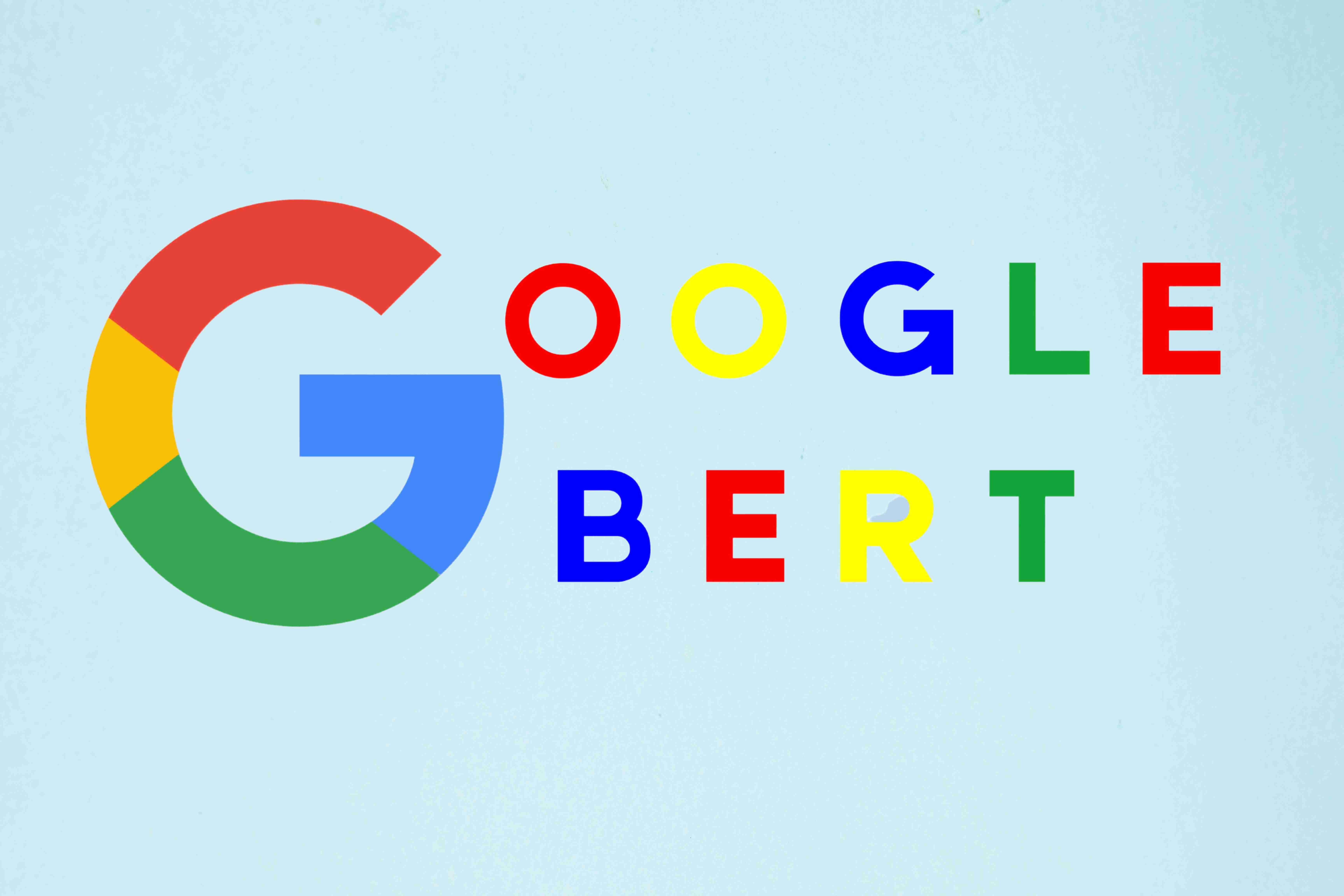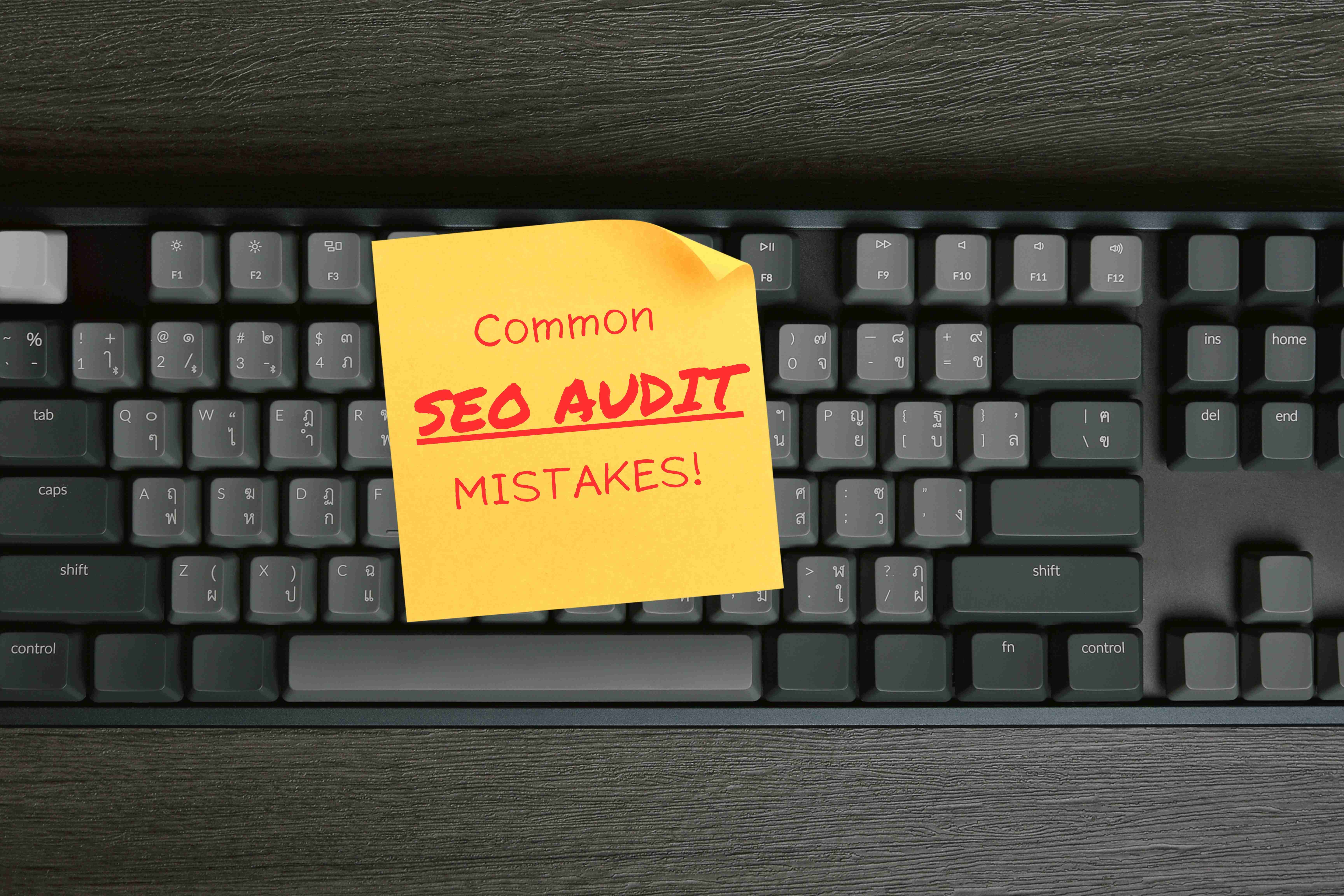The introduction of Google’s BERT update marked a significant shift in how search engines understand and process natural language. For business owners looking to enhance their online store’s visibility and drive more organic traffic, understanding and optimizing for BERT is crucial. This comprehensive guide will delve into the impact of Google’s BERT update on SEO strategies, including actionable tips and the latest SEO trends relevant to Google BERT update, BERT SEO impact, and how to optimize for BERT.
Table of Contents
- Introduction
- Understanding Google’s BERT Update
- The Impact of BERT on SEO
- Optimizing for BERT
- Latest SEO Trends Post-BERT
- Conclusion
- About Don Hesh SEO
Introduction
Google’s BERT update is one of the most significant advancements in the search engine’s algorithm, designed to better understand natural language and user intent. For business owners aiming to improve their online presence, adapting to these changes is essential. This article explores the impact of BERT on SEO strategies and provides practical tips for optimizing content to align with the new algorithm.
Understanding Google’s BERT Update
What is BERT?
BERT, which stands for Bidirectional Encoder Representations from Transformers, is a deep learning algorithm related to natural language processing (NLP). It helps Google understand the nuances and context of words in search queries, leading to more accurate and relevant search results.
How BERT Differs from Previous Updates
Unlike previous updates, BERT processes words in relation to all other words in a sentence rather than one by one in order. This bidirectional approach allows for a deeper understanding of context, significantly improving the search engine’s ability to interpret user intent.
The Impact of BERT on SEO
Improved Understanding of Context
BERT’s ability to understand context means that search engines can now better comprehend the meaning behind search queries. This results in more accurate search results, especially for complex or conversational queries.
Focus on User Intent
With BERT, Google places a stronger emphasis on user intent rather than just matching keywords. This shift means that content needs to be more focused on answering users’ questions and addressing their needs comprehensively.
Enhanced Search Result Relevance
BERT improves the relevance of search results by understanding the nuances of language. This means that pages with well-written, contextually accurate content are more likely to rank higher.
Optimizing for BERT
Creating High-Quality, Relevant Content
Content quality is more important than ever with the BERT update. Ensure your content is informative, well-researched, and directly addresses the questions and needs of your audience.
Improving Content Readability
Readable content is key to engaging users and helping search engines understand your content. Use clear and concise language, short paragraphs, bullet points, and headings to enhance readability.
Focusing on Long-Tail Keywords
Long-tail keywords are more specific and often reflect user intent more accurately. Incorporating these keywords naturally into your content can improve its relevance and ranking potential.
Leveraging Structured Data
Structured data helps search engines understand the context of your content. Implementing schema markup can enhance your visibility in search results by providing additional information about your content.
Latest SEO Trends Post-BERT
Natural Language Processing (NLP)
The rise of NLP technologies means that content optimization should focus on natural, conversational language. This aligns with how users naturally search and helps in better addressing their intent.
E-A-T (Expertise, Authoritativeness, Trustworthiness)
Google emphasizes E-A-T as a key factor in ranking content. Demonstrating expertise, authoritativeness, and trustworthiness in your content can significantly improve your SEO performance.
Voice Search Optimization
With the increasing use of voice search, optimizing content for voice queries is becoming crucial. Voice searches tend to be more conversational and question-based, so ensure your content aligns with this trend.
Conclusion
Google’s BERT update has transformed how search engines understand and process language, emphasizing context and user intent. For business owners, optimizing content to align with these changes is vital for improving online visibility and driving organic traffic. By focusing on high-quality content, readability, long-tail keywords, and structured data, you can effectively enhance your SEO strategy in the post-BERT era.
About Don Hesh SEO
Don Hesh SEO is your trusted partner in implementing effective SEO strategies to enhance your online reputation and drive results for your business. As experienced SEO consultant and Google Ads consultant, we specialize in helping businesses improve their online visibility, attract more customers, and achieve their marketing goals. Contact us today to learn how we can help you elevate your online reputation and drive success for your business.



